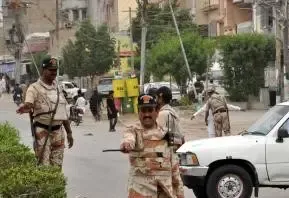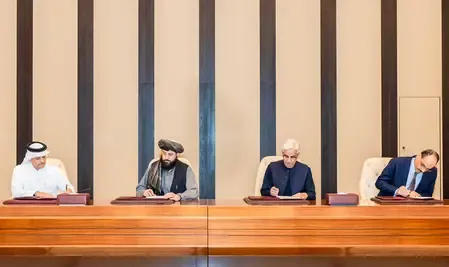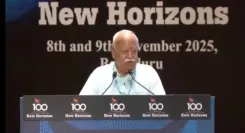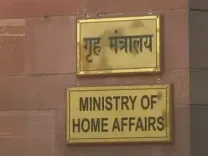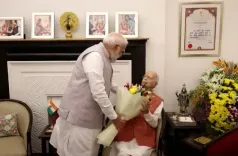What Are the New Sanctions the EU Is Imposing on Russia?
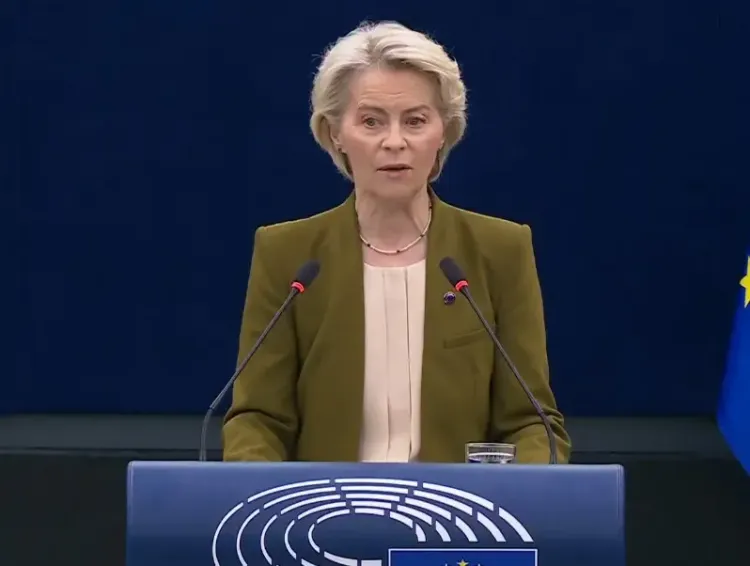
Synopsis
Key Takeaways
- The EU's 19th sanctions package targets Russian banks, cryptocurrencies, and energy imports.
- Delays in announcing the package were due to coordination efforts with the U.S.
- Approximately 19% of Europe’s gas supply still comes from Russia.
- Sanctions are being implemented cautiously to avoid energy price shocks.
- Ukraine emphasizes the need for swift and strict sanctions against Russia.
Brussels, Sep 20 (NationPress) The European Commission has unveiled its 19th sanctions package against Russia, seeking approval from the European Union (EU) member states after a delay of one week, which was influenced by calls from the United States for stronger measures.
"We can confirm that the commission has adopted a new package of sanctions against Russia, the 19th package," stated European Commission Chief Spokesperson Paula Pinho during a press briefing in Brussels on Friday (local time).
The latest package will focus on Russian banks, cryptocurrencies, and energy imports, as announced by European Commission President Ursula von der Leyen on the social media platform X, following her conversation with U.S. President Donald Trump.
Approximately 19 percent of Europe’s gas supply continues to be sourced from Russia through the TurkStream pipeline and liquefied natural gas (LNG) shipments. Additionally, the EU is contemplating accelerating a ban on Russian LNG as part of the new sanctions, according to various media reports.
Over the past weekend, Trump urged European allies to cease any remaining purchases of Russian oil and proposed that members of the Group of Seven and NATO implement duties on nations aiding Russia's energy exports, claiming these actions are necessary to undermine Russia's economy, as reported by Xinhua.
The commission will also advocate for hastening the phase-out of Russian fossil fuel imports, as Ursula von der Leyen detailed in her post on X.
The objective is to end the importation of Russian fossil fuels by January 1, 2028.
This new package of EU sanctions was anticipated to be delivered to member states last Friday; however, a high-level EU delegation's trip to Washington and efforts for coordination postponed it by a week. EU officials have indicated that sanctions will be implemented cautiously to prevent energy price shocks or supply shortages within the bloc.
Former Chairman of the Munich Security Conference Christoph Heusgen has called for increased pressure on Hungary and Slovakia to diminish their dependence on Russian energy, highlighting that Hungary still imports about 60 percent of its oil from Russia, while Slovakia relies on Russia for approximately 75 percent of its energy needs.
Ukraine has urged for a rapid adoption of the 19th sanctions package. Ukrainian Foreign Minister Andrii Sybiha stated earlier this week on X that "coordinated actions across the Atlantic" are crucial to depriving Russia of resources for the ongoing conflict. "It is vital now to focus on making the 19th package even stricter," he remarked.
In contrast, Russia has minimized the potential effects of the forthcoming sanctions. Foreign Ministry Spokesperson Maria Zakharova remarked at a news briefing on Friday that threats from Washington and Brussels have "no impact and will not change anything." She also condemned the EU's endeavor to eliminate Russian energy, labeling it as "suicidal sabotage" and cautioning that Brussels is exhausting itself.
Since the onset of the Russia-Ukraine conflict in 2022, the EU has enacted 18 sanctions packages against Russia, targeting finance, technology, and energy.
The 19th package will pose a challenge for the bloc in maintaining internal cohesion while responding to increasing US pressure for more rapid and extensive action, analysts suggest.


